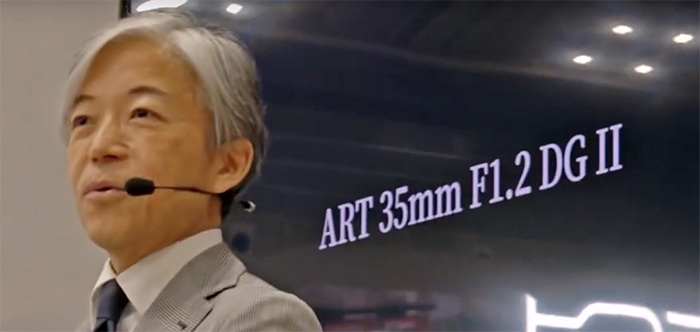Thom Hogan talks about the worldwide supply problems (and Sony mulls two-week summer break to save energy)
As you know Sony had to delay the recent NEX and SLT camera announcements. Some of my sources already saw the cameras and they still don’t know when Sony will release them (a possible date is May 26th). The reasons for the delay are well known. In his latest post Thom Hogan made a brief desription about what’s going on with the digital camera production problems in Japan. It perfectly fits with the info I received from my sources: “I see several different estimates from various sources within Japan, but in no case does the Northern Japan power grid (which includes Tokyo itself) look like it will be anywhere near handling the demand this summer. There could be 50% shortfalls some days, and the average shortfall in July and August could reach 30%. That means frequent and long power blackouts, which is bad news for the camera industry. Sensor fabs, for instance, of which several are in the area, need continuous power (on top of the temperature issues in many critical processes, you’ve got to maintain continuous air filtration to avoid contamination). High quality glass factories can’t be turned on and off easily with rolling blackouts. It appears that the deeper into the supply chain you go (e.g., back to chemicals and raw materials), the worse the problem gets: those plants can’t be toggled on and off at whim. Many need long warm-up periods or continuous power to operate.”
and…
“Between the March quake and early winter when things even up a bit in the power realm, I’m guessing that the output of the plants in the affected area could be less than 50% of normal. That could mean nearly nine months of significantly reduced production of everything from Nikon FX bodies, to Nikon/Canon/Panasonic lenses, to Sony CMOS sensors, to all those proprietary lithium batteries, and more.”
Sony is also considering having all its employees in Japan take two-week summer vacations to save energy (Source: Breitbart)
I guess the Tsunami-Fukushima disaster will affect the digital camera industry for the whole year and maybe more. Le’s hope Japanese engineers can fix the Fukushima plant as soon as possible…


